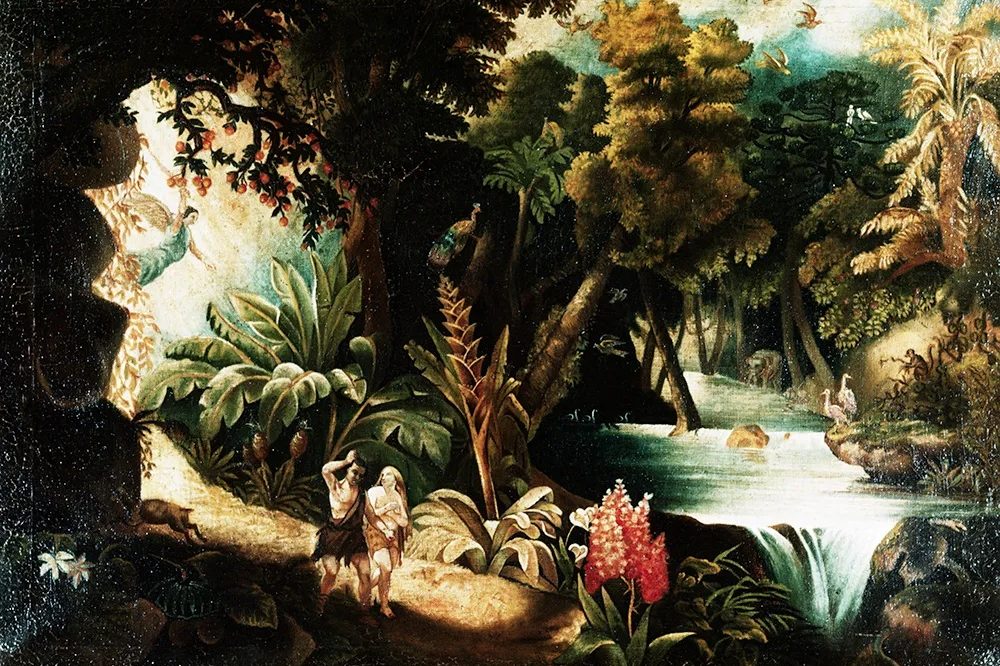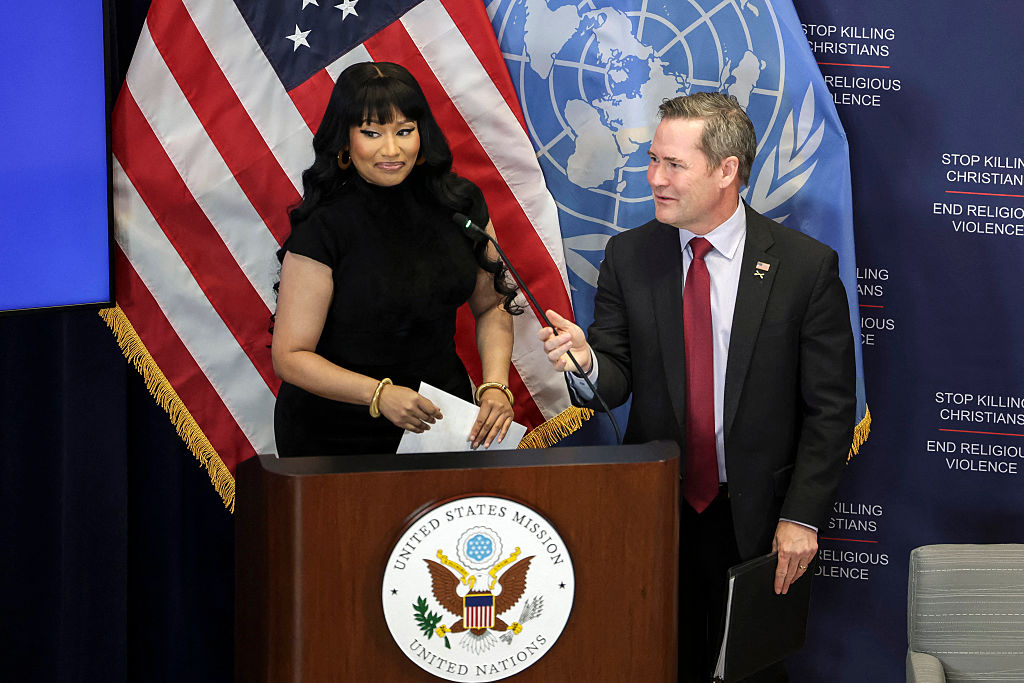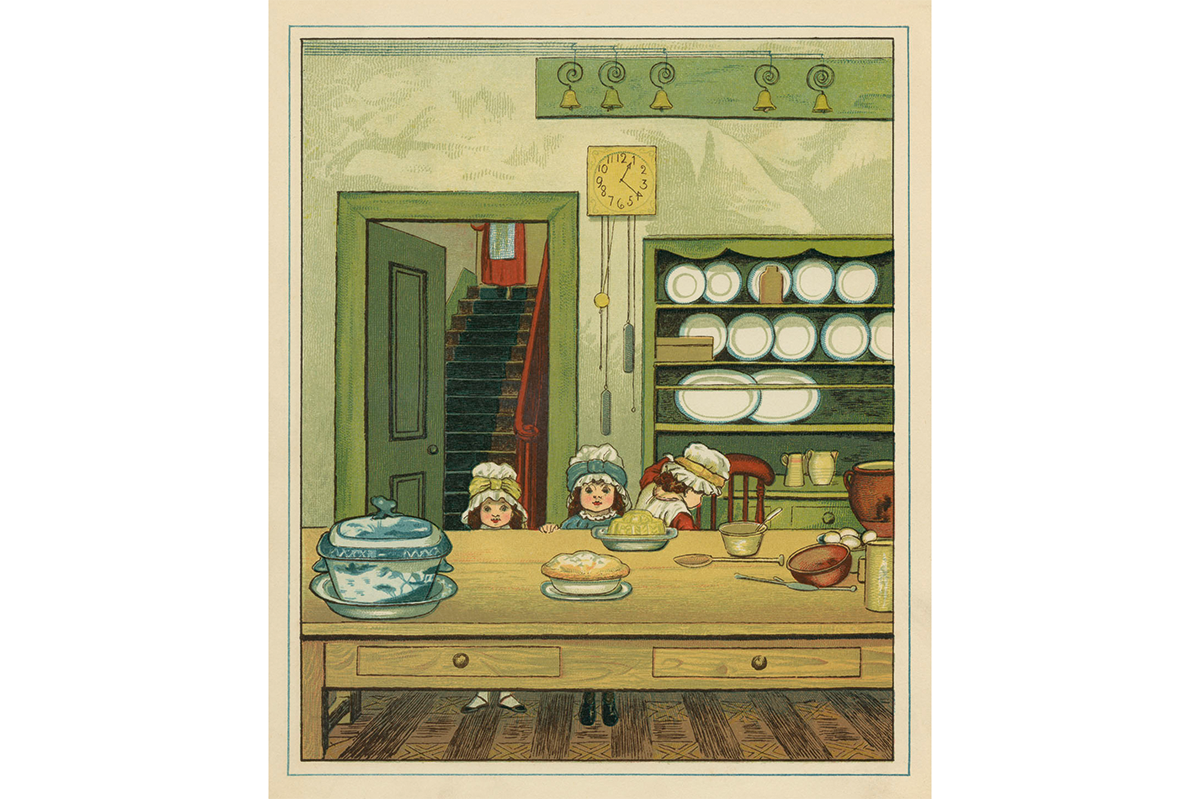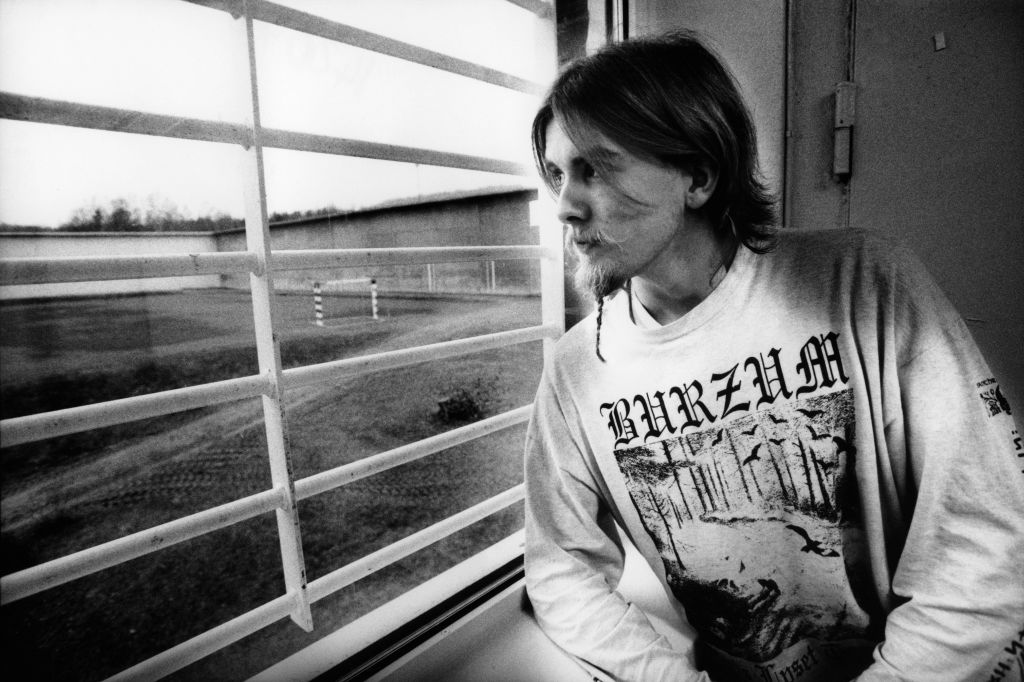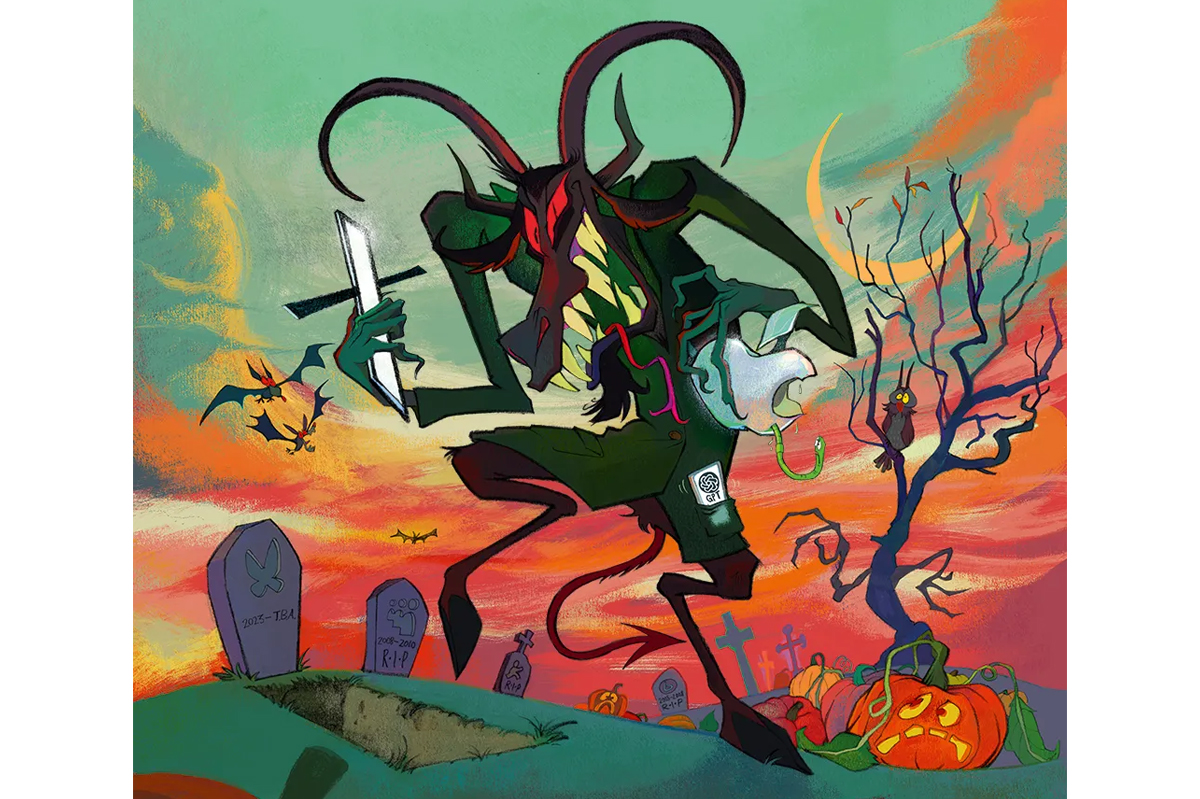When José Saramago denounced the Bible as a “catalogue of cruelties” at the launch of his novel Cain in 2009, the response from the Catholic Church in Portugal was fast and frosty. The country’s conference of bishops labeled his comments “offensive,” adding: “Insults do no one any good, particularly from a Nobel prizewinner.”
Saramago might have been taking his cue from the man he considered to be Portugal’s greatest novelist. While serving as a diplomat in Britain, Cuba and France, Eça de Queirós (1845-1900) savaged clerical hypocrisy and national backwardness in what are now considered canonical realist doorstoppers. And a century before Saramago, he caused a similar ruckus with Adam and Eve in Paradise.
The novella, published in 1897 and now translated into English for the first time, revisits Christianity’s first man and woman, departing from the Creation story in ways both playful and profound. Adam’s birth and discovery of paradise in the first of the story’s three parts underlines that this is an Eden of contrasts. It is at once intimate and vast, sensuous and red in tooth and claw, with “linting marble rocks blushing warm and pink,” while oxen and deer lock horns “with the dry crack of oaks felled by the wind.”
Later, Eve, given “wide, lustrous, liquid eyes” by God, saves her sleeping partner from a pack of animals keen to kill any prospect of humanity (and thus their subjugation), before the pair establish a kind of primitive domesticity, learning to hunt, cook and make clothes in an increasingly hostile place. Meanwhile, repeated references to their roles as “our Father” and “our Mother” come up against allusions to Darwinian theory, to which the narrator is sympathetic.
This edition, which lacks any commentary on Quierós’s style or major themes, will probably appeal mainly to readers familiar with the writer’s work. But, being a novella, it should also encourage others to try him, not least because all the contrasts, perhaps counterintuitively, form a fine, multi-layered whole. And we are in excellent hands with Margaret Jull Costa — a translator who has perhaps done more than anyone to help the literature of Europe’s westernmost country find an international audience. Despite the gap of time, these pages read fluently, avoiding the Portuguese fondness for overlong sentences and inviting us, with wit and respect, to view Adam and Eve, and origin stories great and small, anew.



